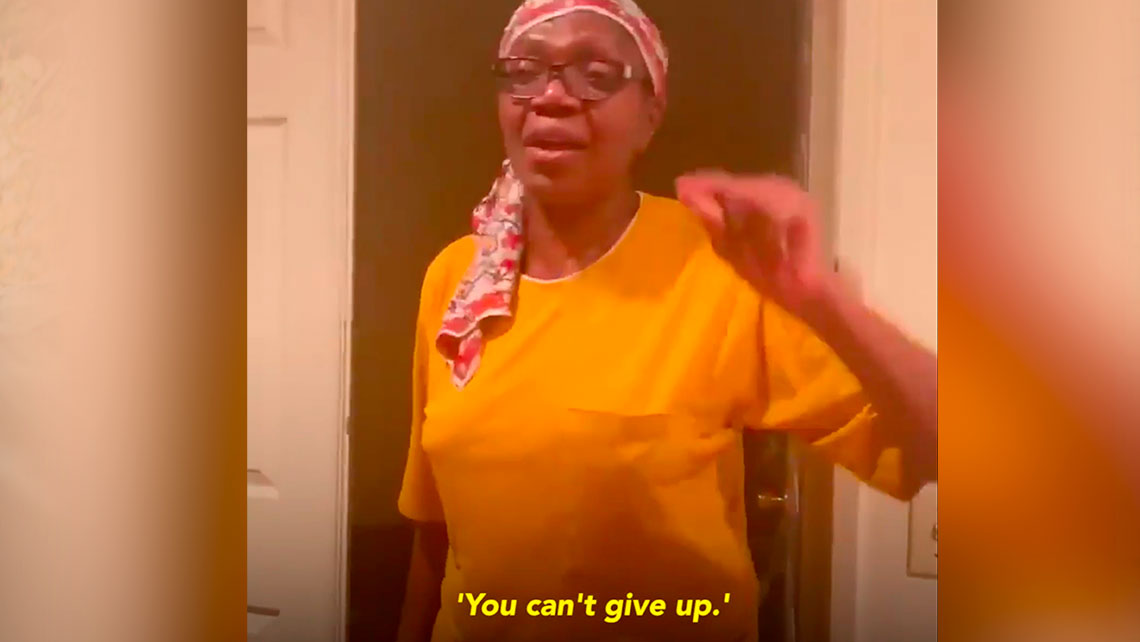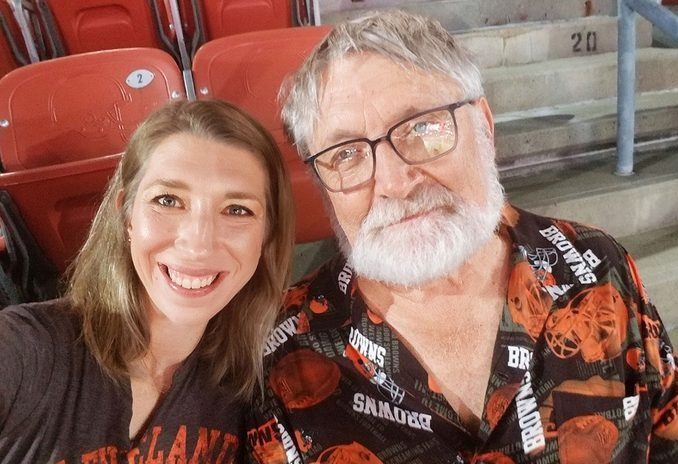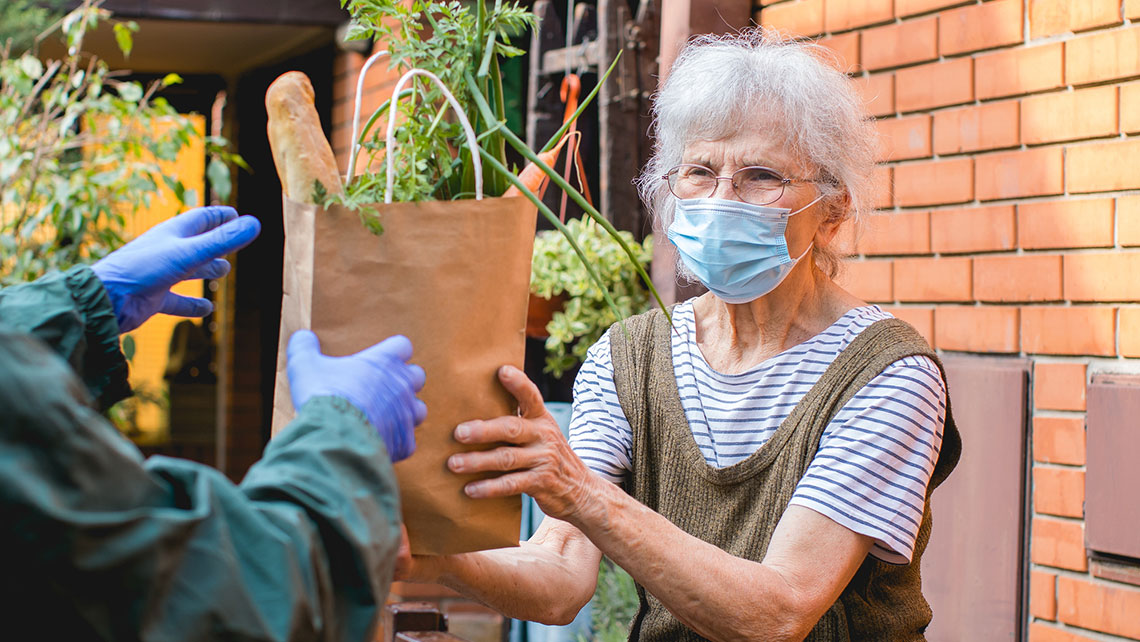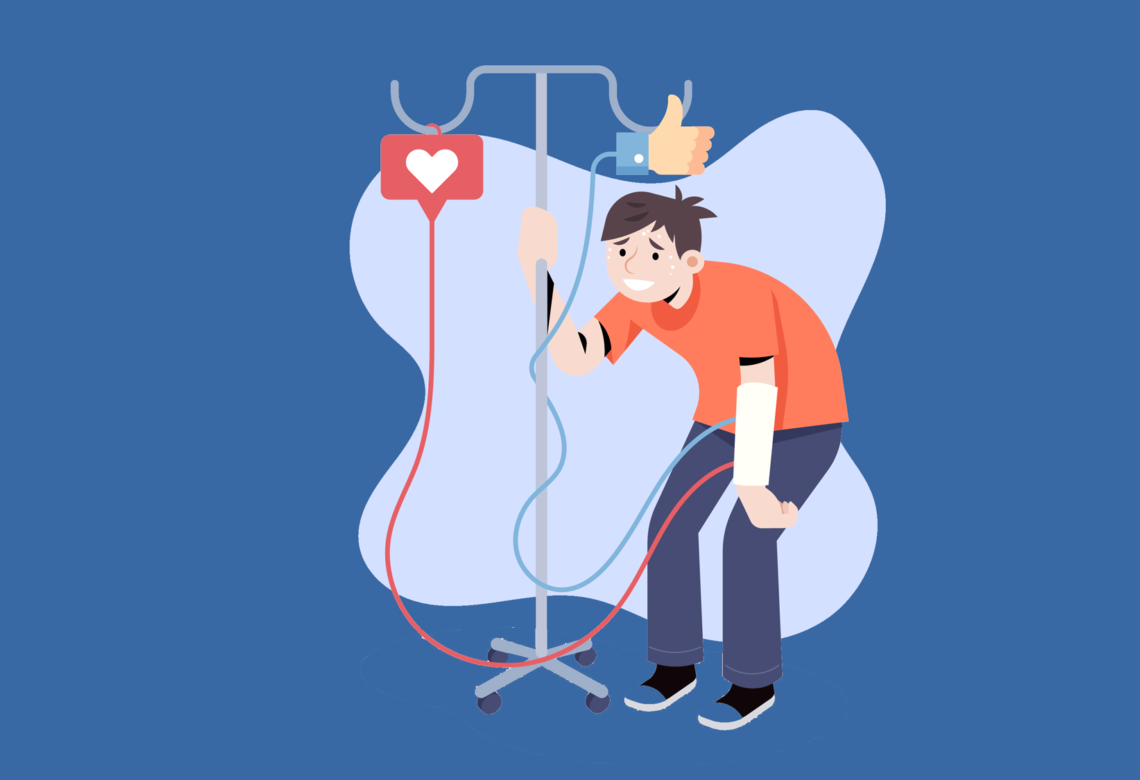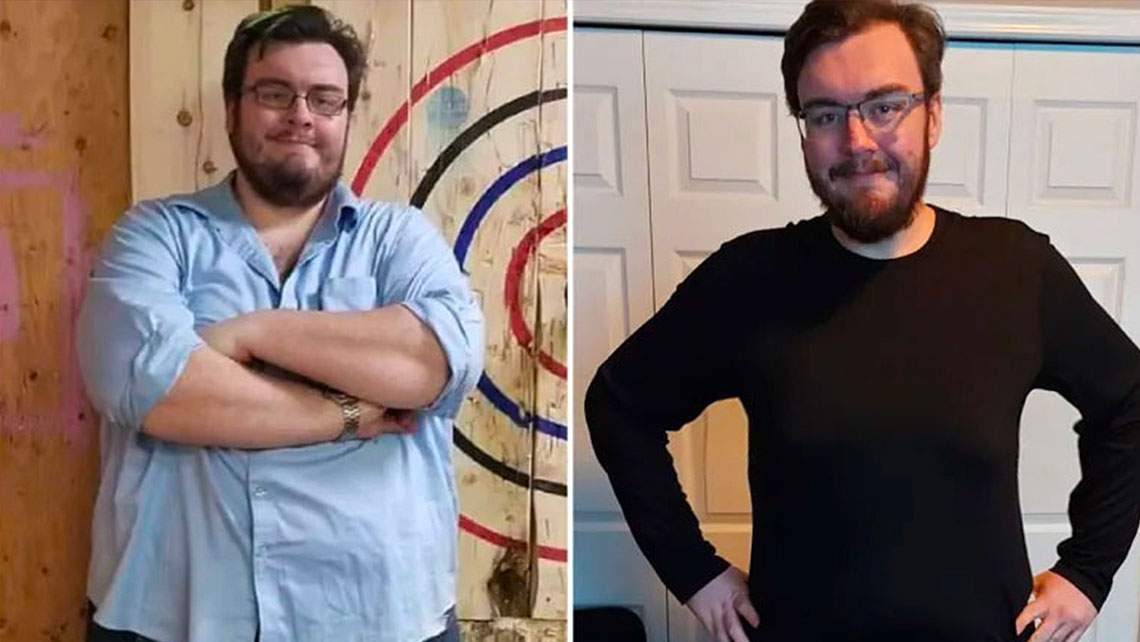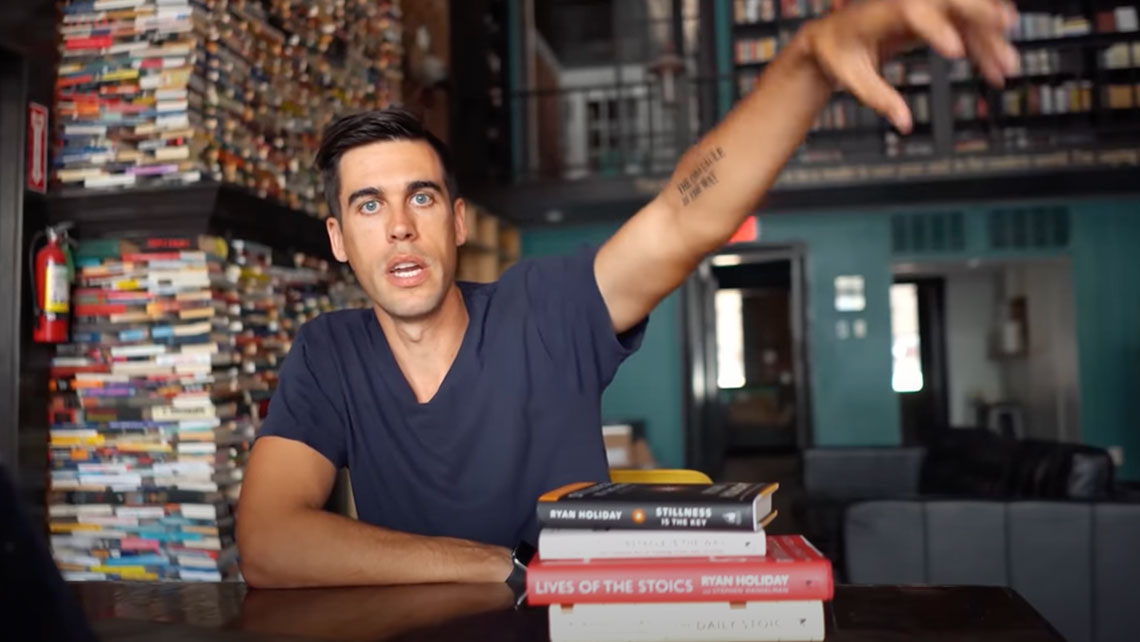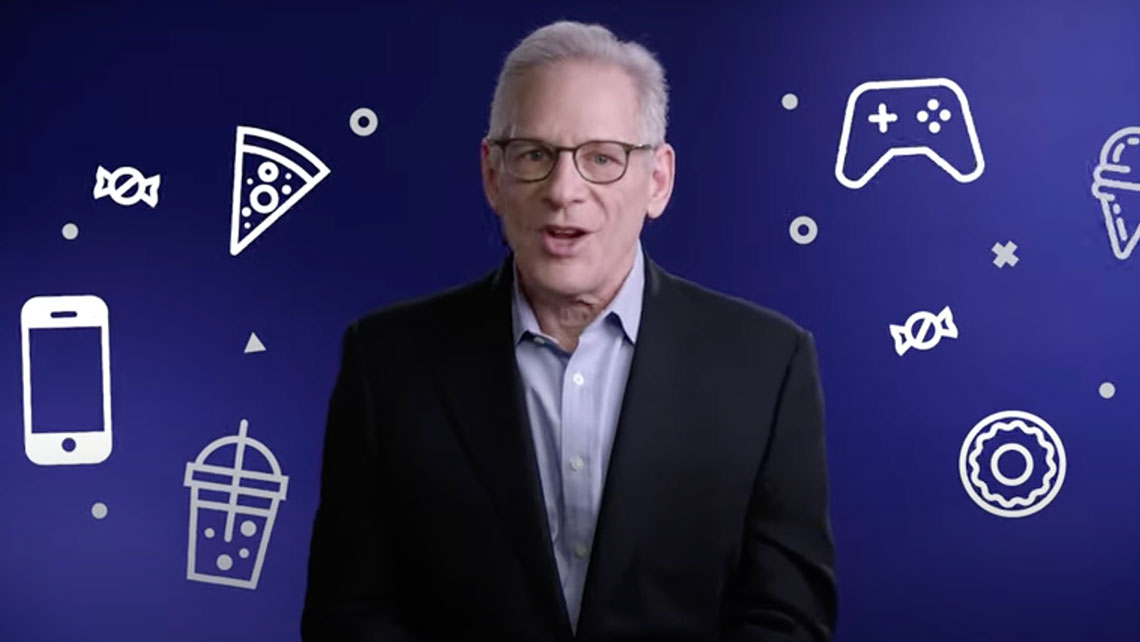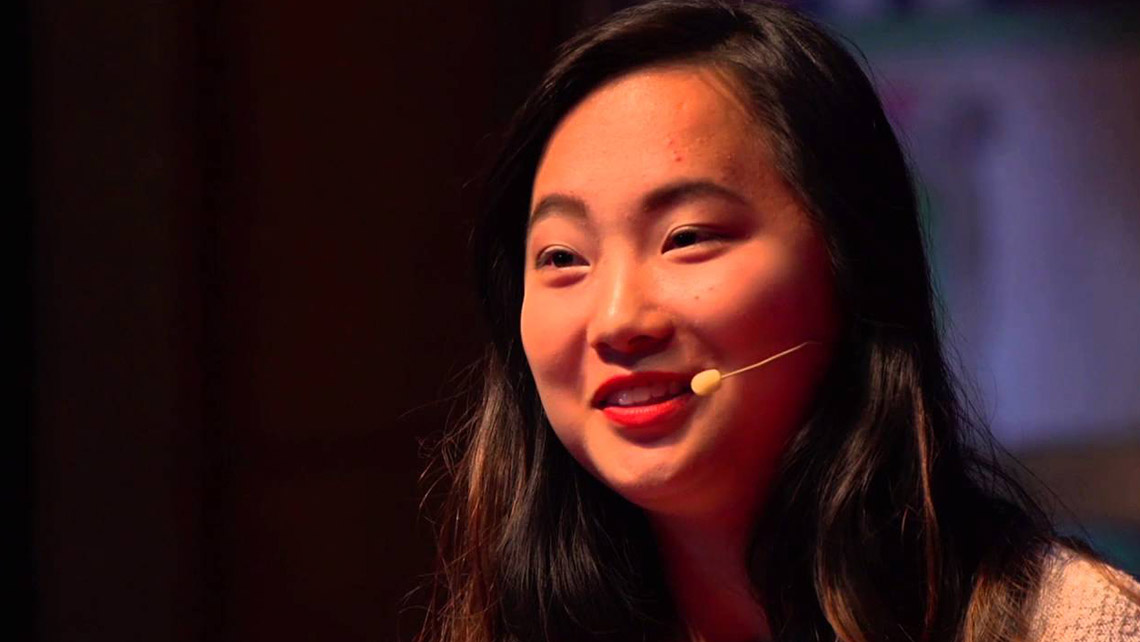There are few situations that make a person feel more desperate or helpless than being placed on an organ donation list.
And as ABC affiliate WFAA in Texas reports, 69-year-old great-grandmother Brenda Jones knows that feeling all too well.
In desperate need of a liver transplant, Brenda spent a full year on the donation waiting for her name to move to the top and hoping that a donation would come through in time.
But when it finally did, there was a pretty big catch. When doctors called to inform her that she was at the top of the list and there was a liver available, they also told her they had an emergency patient, a 23-year-old woman who wasn’t on the list, but would die within a day if she didn’t receive a liver transplant immediately.
They asked Brenda the impossible question: would she give up the liver she’d been waiting a year for, and give it to the young woman?
For most of us the decision would be gut wrenching. For Brenda, it was a no brainer.
“In my heart, I wouldn’t have been able to live with the liver if I had let this little girl die,” she said.
Check out the video below to see the full story.



